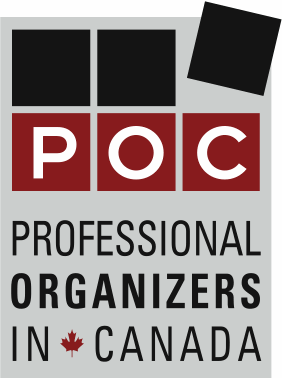But at Christmastime I’m struck by the irony that the thing
I enjoy the most is what I can only describe as a beautiful example of
organized chaos: the Christmas tree. Unlike the big retailers who erect magical
winter wonderlands filled with trees that each have a colour theme, our family
puts up a tree that displays a random collection of ornaments. It’s a mishmash of glass, yarn, felt and pipe
cleaners. It reflects bits of nature and holds memories of overseas travel and
special events. Nothing is sorted, categorized or assigned a specific home, the
hallmarks of organized living.
Perhaps this example of chaos is accepted because we only
have to look at it. Perhaps is can
exist because we only look t it. Its purpose is nothing more than to provide
aesthetic appeal. It won’t make us late to a meeting, or lose our keys.
But isn’t it true that when chaos takes over our physical
space we treat it as a Christmas tree and do little more than look at it? We
make a mental note to wash the dishes later. We’ll clear the desk next weekend.
Until days become weeks, weeks become months and now things have spiralled out
of control. Chaos has won the battle
over organization. We don’t know how it
got to this point, or how to restore order.
We are paralyzed.
Our Christmas tree analogy can help. Most people pick a day in January that they
will devote to dismantling the Christmas tree and putting away the Christmas
decorations. One-by-one, the ornaments are removed from the tree and returned
to their dedicated storage container. Space opens up in our home. Life returns
to normal – whatever that may be. Why not treat your piles of paper and laundry
like the tree? Decide on a time to get started, and address one item at a
time. It won’t come together as quickly
or easily packing up after the holidays, but progress can be made.


